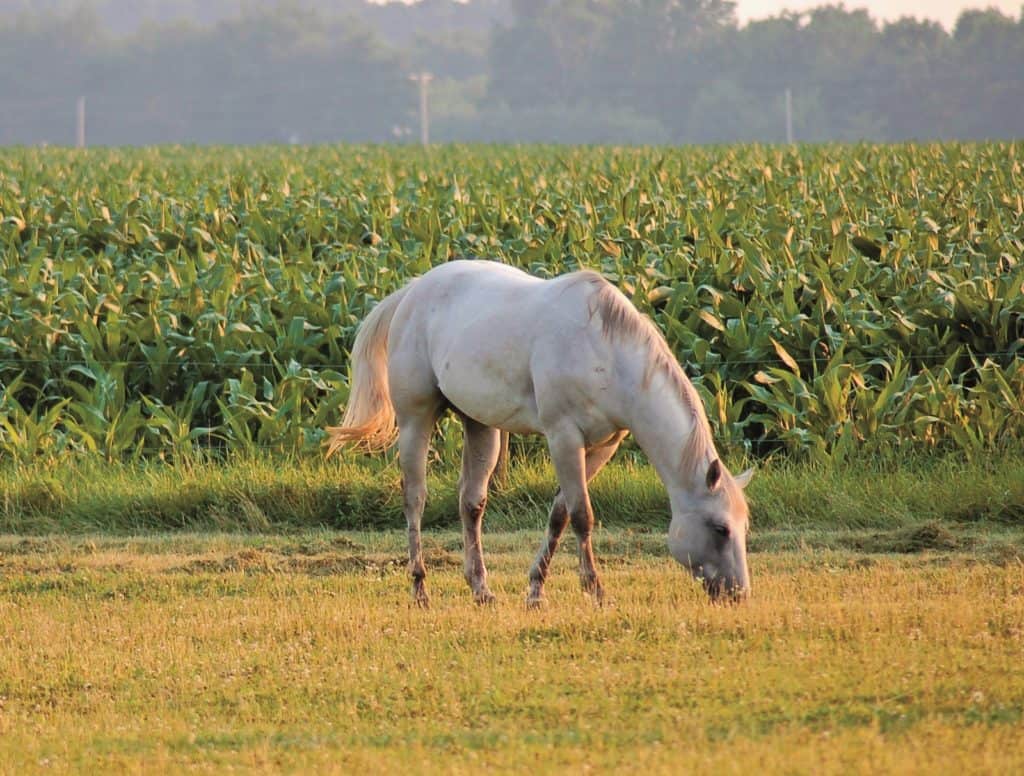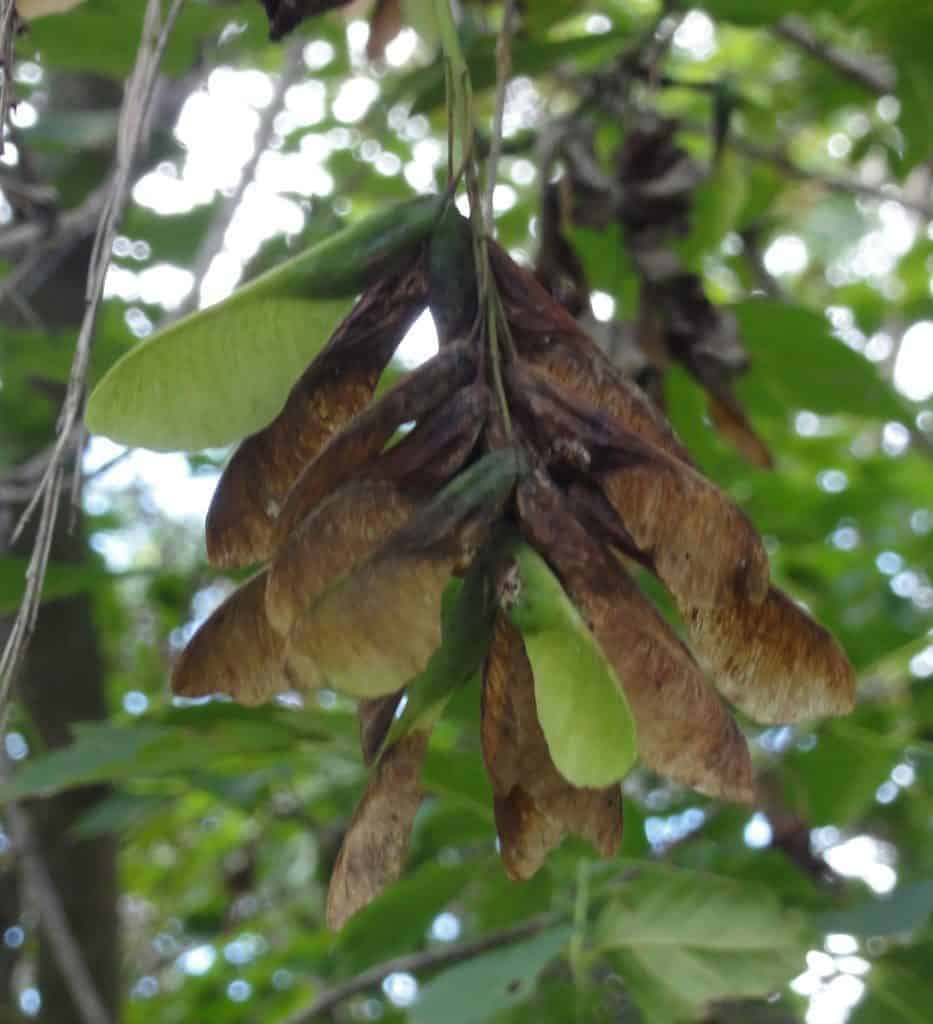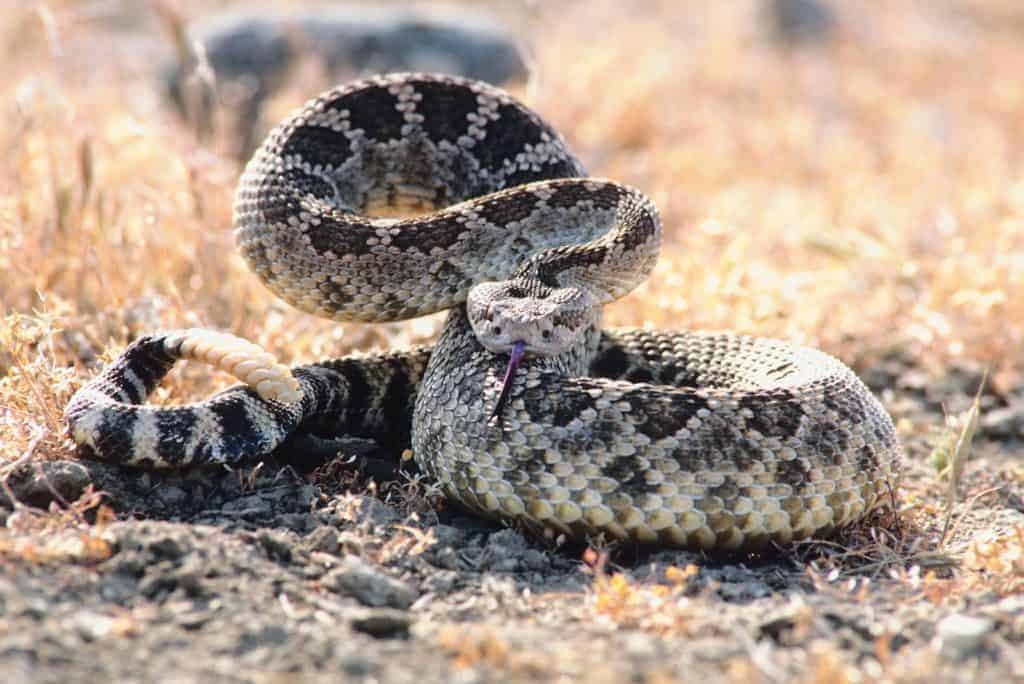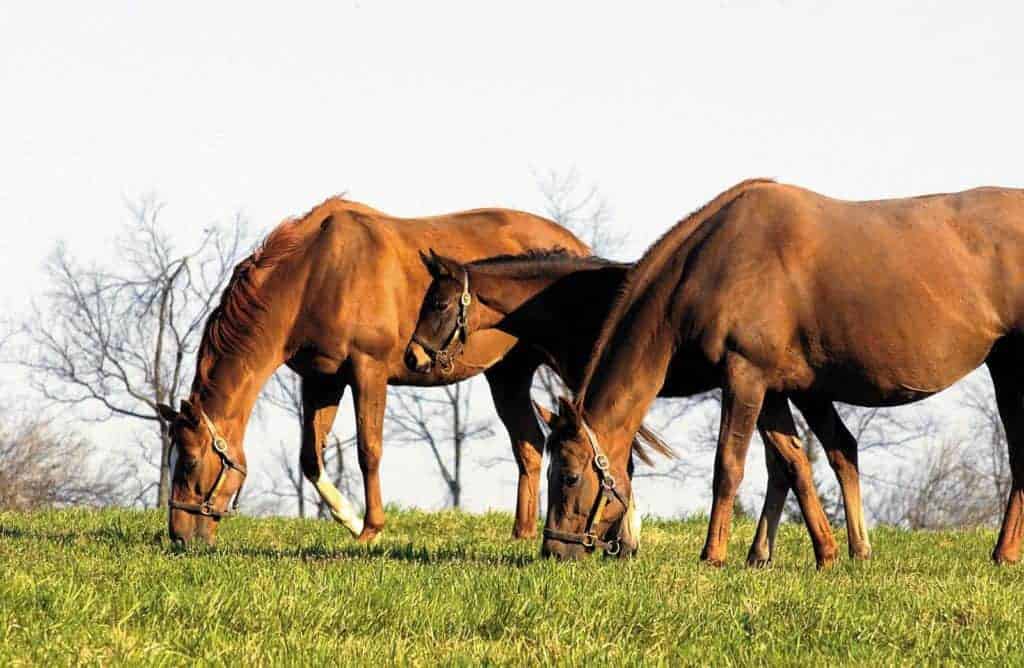
5 Things You Need to Know: Snake Bites and Horses
Learn from a critical-care veterinarian what you should do if you suspect a snake has bitten your horse.

Learn from a critical-care veterinarian what you should do if you suspect a snake has bitten your horse.

These harmful toxins produced by molds and fungi could be lurking in your horse’s feed and forage.

Disease-harboring mosquitoes and flies top most horse owners’ list of bugs to beware of, but don’t forget these other horse and barn-harming pests.

Property managers often test their pastures to evaluate the risk of fescue toxicity; however, how you test can produce drastically different results. Here are some things to remember when testing horse pastures for infected tall fescue.

My horses got into a pasture yesterday where deer corn had been spread, and they ate some of it. Then, last night, they didn’t want to eat anything. What is the deer corn going to do to them?

Blister Beetles naturally contain and secrete a chemical substance called cantharidin, which is extremely toxic to horses. Dr. Sarah Reuss lists the dangers of blister beetles and what horse owners can do to prevent their horse from ingesting them.

Recent work demonstrates that endophyte-infected fescue can cause vasoconstriction in the legs and reduced blood flow to reproductive organs in mares.

Carol Clark, DVM, Dipl. ACVIM, shares her picks for the top equine medicine studies of 2013.
At least 10 horses died after consuming acorns, according to a treating veterinarian.

This plant contains toxins that can cause digestive issues, appetite loss, and neurologic problems in horses.

Researchers weed out the causes of deadly seasonal pasture myopathy and atypical myopathy in horses.

Learn about the potentially serious horse health problems mycotoxins and metabolites produced by mold can cause.

Learn about the clinical signs of snakebites and treatment options that could help affected horses recover.
Is the equine vaccine for snakebites effective against all rattlesnake species in the United States?
Toxins from the seeds of the sycamore tree are the likely cause of atypical myopathy.

During the breeding and foaling season, lush fescue pastures could create problems for pregnant mares.
Stay on top of the most recent Horse Health news with
"*" indicates required fields